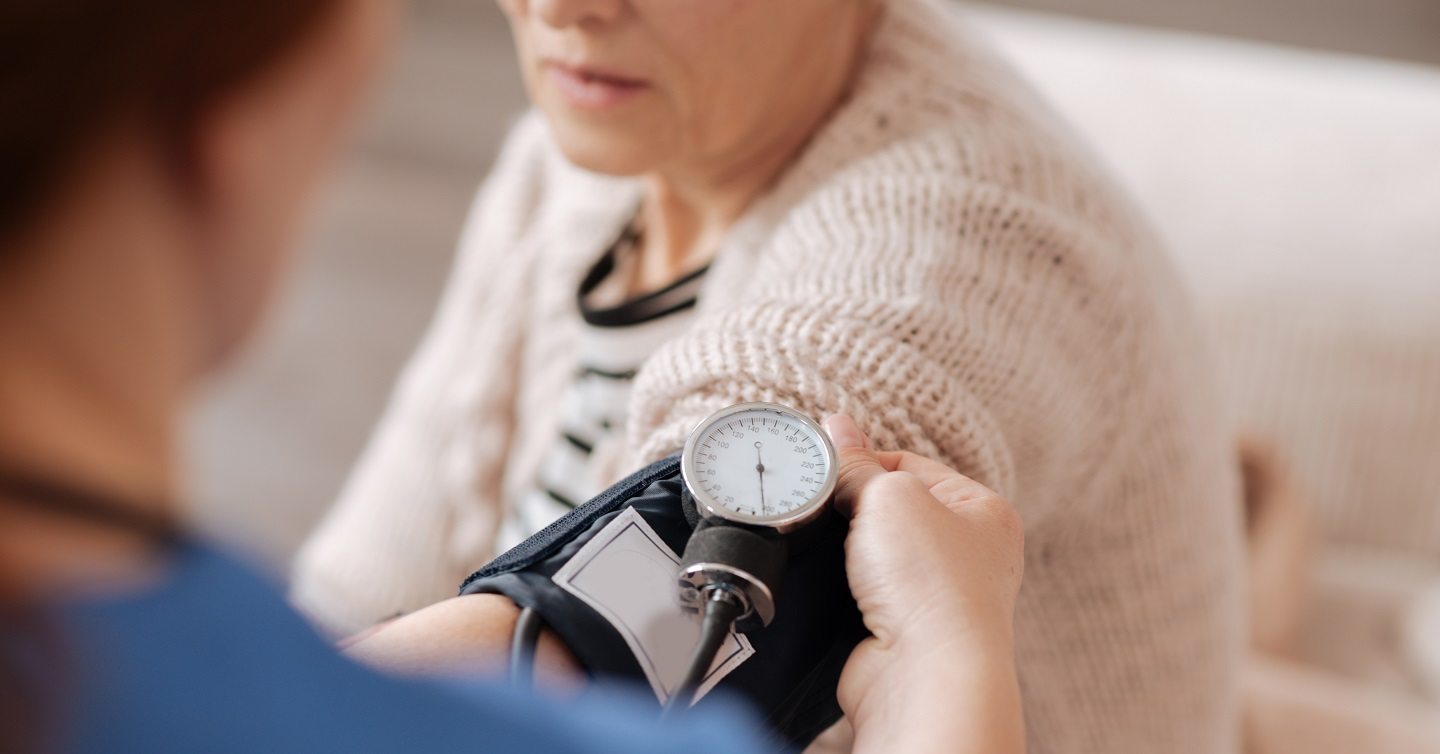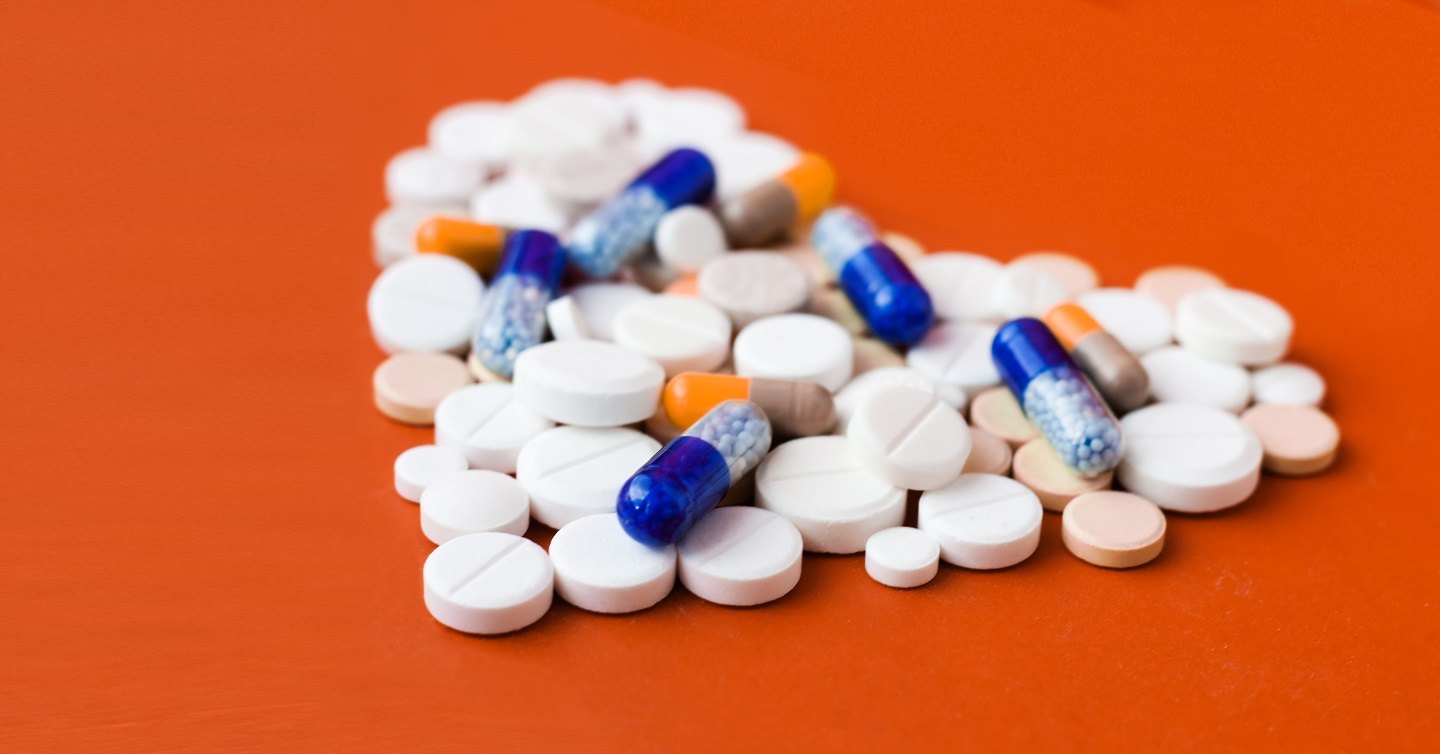Know When You Need Emergency Heart Care

Heart attack and stroke symptoms: Know the signs for emergency heart care
By Dr. Kingston Okrah, cardiologist at Ascension Medical Group Wisconsin
Originally published on 9/17/2021 at 3:00 p.m.
COVID-19 has changed many aspects of our lives, but one thing remains critically important - if you need medical care, don’t delay. Get it when you need it. This is especially true with the heart. As a cardiologist for more than six years, I’ve seen patients who have waited until they are much sicker than normal to receive the heart care they need.
Unfortunately, when patients wait to get care, heart damage can increase. For this reason, it is crucial to know the signs and symptoms of emergency cardiovascular events like heart attack and stroke.
Stroke signs and symptoms
The largest indicator of having a stroke is when your face, arm or leg suddenly becomes weak and numb, especially on one side of the body. Other common effects are sudden confusion, trouble speaking, seeing or walking and sudden severe headaches. When you suspect a stroke, remember the acronym B.E. F.A.S.T. That stands for Balance, Eyes (sudden change in vision), Facial weakness or drooping, Arm weakness, Speech difficulty at which point it’s Time to call 911.
It’s also important to understand the risk factors associated with stroke, so you know if you or someone you know is susceptible. Roughly three out of four people who have a stroke for the first time have high blood pressure. Atrial fibrillation — an irregular heart rhythm — is present in around one out of five strokes. In addition, diabetes can increase your risk of stroke, as can drinking, smoking and obesity.
Heart attack signs and symptoms
Heart attack (or myocardial infarction) symptoms are just as threatening to your health as a stroke. Chest discomfort is the primary sign of heart attack, though it may present as more of a dull, heavy pressure. Additional symptoms include shortness of breath and aches in the arms, back, neck, jaw or stomach as well as other parts of the upper body. Other possible symptoms may include nausea, cold sweats and lightheadedness. It is important to remember that some heart attacks can present without chest pain as the main symptom, especially in women or the elderly.
It’s crucial to be aware of risk factors that make you more likely to have a heart attack. Smoking substantially increases your chances of a heart attack. Advancing age along with other conditions like high cholesterol, high blood pressure, diabetes and obesity also are risk factors for heart attack. Many of these can be controlled, which is why a prevention-oriented approach to your health is so important.
When to call 911 for a heart attack or stroke
Don’t take any chances. Call 911 when you first suspect a heart attack, stroke or another heart emergency. Acting fast could save your life or a loved one’s. Don’t assume it’s “nothing.” Some heart attacks can happen suddenly, but do not ignore a more gradual onset of mild discomfort. Listen to your body and call 911 if you feel any discomfort in the chest or upper body, experience shortness of breath, break out in cold sweats or have nausea or lightheadedness.
Don’t ignore the symptoms in fear of COVID-19 exposure. No patient should delay their care in an emergency. Trust that hospitals are the best place to receive adequate care and treatment while staying safe from COVID-19.
How hospitals are keeping patients safe during the COVID-19 pandemic
Concerns about COVID-19 and its highly contagious delta variant are understandable. This variant is a significant threat to our lives, and it is critically important to get vaccinated because people of all ages can become extremely ill and potentially die from this virus. Many people have returned to wearing masks and avoiding crowded, indoor spaces.
However, people experiencing a stroke or heart attack must know that the safest place to receive care is still an emergency room. Hospitals are equipped to safely protect patients from potential exposure to COVID-19 while taking care of their emergent health concerns. Separate intake and care areas, waiting room distancing, staff screening, ongoing use of personal protective equipment and extensive safety and sanitation protocols are in place to ensure all patients are cared for in a protected environment. The health system continuously monitors guidance from the Centers for Disease Control and Prevention (CDC) and adjusts safety practices and safeguards accordingly.
About the Author
Dr. Kingston Okrah is a cardiologist who cares for patients at Ascension Medical Group - Ninth Avenue in Oshkosh. He provides general cardiology, interventional cardiology and peripheral vascular care to adults. Dr. Okrah has a special interest in treating heart and vascular diseases, including heart attacks and peripheral artery disease.
At the time of publication, Dr. Okrah is accepting new patients.




